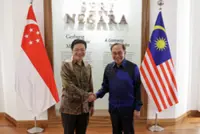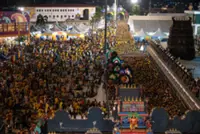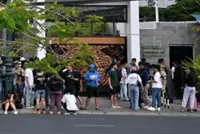PETALING JAYA: Malaysia’s travel industry is seeking to attract more Chinese Muslim tourists as the country gears up for Visit Malaysia Year 2026 with the target of becoming an umrah destination in the region.
Recent trends reveal a significant uptick in arrivals from this demographic, which will be among Malaysia’s emerging new markets.
Follow us on our official WhatsApp channel for breaking news alerts and key updates!
Thank you for your report!





